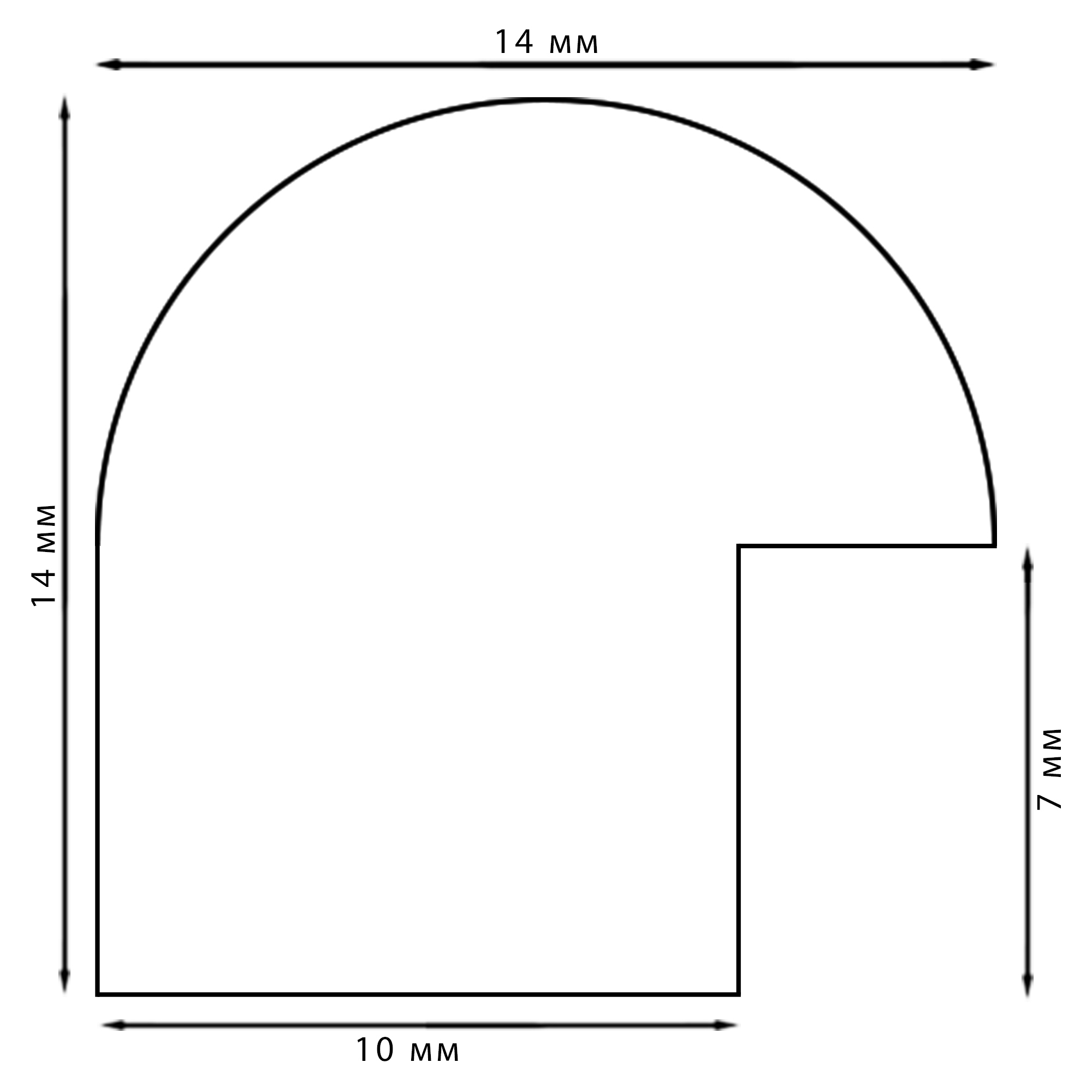Ramka Dlya Sertifikata Psd
8 USB 2.0 ports supports USB 2.0 is the latest connectivity standard for next generation components and peripherals. The Intel ICH6R supports RAID 0, 1 and Intel Matrix RAID Technology on 4 Serial ATA ports. Asus ptgd1 la bios update 10. For IDE hard disk drives, the ITE 8212F controller provides RAID 0, 1, 0+1 functionality for two ATA133 channels. ASUS Q-Fan Technology ASUS Q-Fan technology intelligently adjusts fan speeds according to system loading to ensure quiet, cool and efficient operation. Backwards compatible with current USB 1.1 peripherals, USB 2.0 delivers transfer speeds up to 40 times faster at 480Mb/s, for easy connectivity and ultra-fast data transfers.

Introduction The European Commission is concerned that many payment service firms have escaped regulation under the current Payment Services Directive. One of the main objectives of the new legislation is therefore to bring more firms within the scope of regulation. On 3 April 2014, in the last month of the 2009-14 term, the European Parliament voted to adopt a number of to the European Commission proposals for a recast, better known as the Payment Services Directive ( 'PSD 2'), and its accompanying ( 'the Regulation').
Download on Freepik your photos, PSD, icons or vectors of Matematica. More than 3 millions free vectors, PSD, photos and free icons. Exclusive freebies and all graphic resources that you need for your projects. Matematica vectors and photos - free graphic resources.
This was not, however, the end of the process of writing these proposals into law; instead, it was just another step in the negotiations over PSD 2 that have carried on since last July. The impetus behind PSD 2 was both to improve the level of consumer protection in place, and also to increase competition. It follows on from the European Commission green paper ‘’ (published in January 2012) and is also part of the wider EU proposal for regulatory reform of payment services, which includes the proposed, covering card fees, account switching, and basic bank accounts. We have summarised the main points of PSD 2 and its accompanying Regulation below. PSD 2: extension of scope and removal of exemptions Third-party Payment Initiation Services PSD 2 would expressly cover new Payment Initiation Services ( ‘PI services’). PI services are an alternative to card payments offered by companies like PayPal: third party providers that allow consumers to make payments from their accounts, typically by electronic means. This development is intended both to benefit consumers – PI services are currently unregulated in some Member States, but under PSD 2 would be subject to various consumer protection measures – and also PI services as well.

PSD 2 seeks to reduce barriers for new market entrants offering PI services; and, in particular, would oblige payment service providers ( ‘PSPs’) such as banks to let their customers use PI services provided by third party providers. It would also oblige PSPs to let their customers use third party Account Information Services: software that displays consolidated information on a consumer’s different payment accounts. PI services would be required to be licensed, registered and supervised, like any other payment institution. They would be subject to their own information and transparency requirements, as well as the new requirements on internet payment security described below. Other changes of scope and exemptions • Payments via store cards, membership cards, meal vouchers, etc: the ‘limited network exemption’ would be restricted to only those arrangements that “address precise needs”; and, where the monthly volume of transactions exceeds €1m, PSPs must seek express permission from the regulator to use this exemption. • Payments made through commercial agents: the European Commission considered this exemption was being abused; therefore it would be restricted to only commercial agents acting on behalf of either payer or payee; and removed from agents acting for both (e.g.
Some e-commerce platforms). • Cash machines: PSD 2 would remove the exemption for ATM services provided by independent operators – companies that typically charge customers for withdrawing money from cash machines. • Payments for digital content: the exemption would be restricted to low value payments (individual transactions below €50, with a monthly cap of €200) made via providers of electronic communications networks or services such as telephone companies.